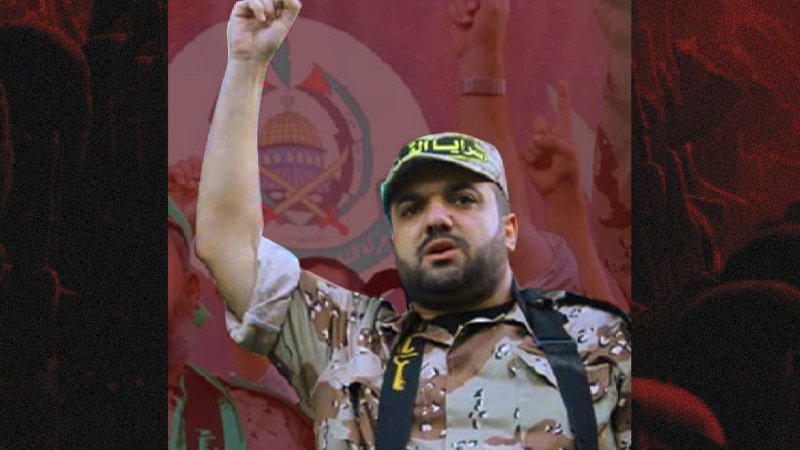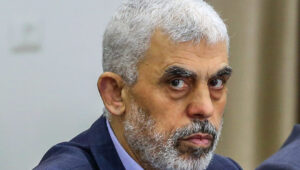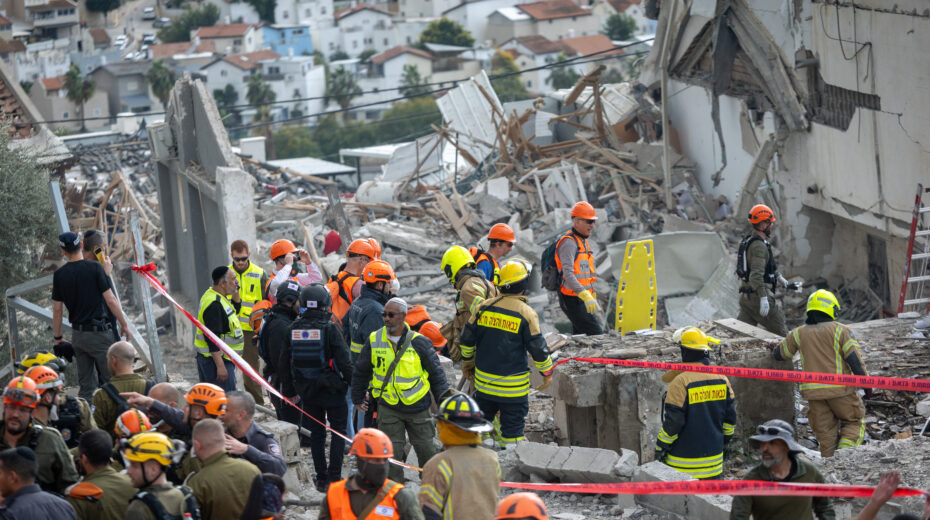Early this morning, Palestinian Islamic Jihad (PIJ) leader Bahaa Abu al-Ata was killed in Gaza by an Israeli bomb. An attempt to simultaneously eliminate PIJ leader Akram al-Ajouri near Damascus has apparently failed.
Now I and the rest of the residents of the Tel Aviv area are listening to air raid sirens as rockets rain down on Israeli communities from the Gaza periphery all the way north to our coastal metropolis.
The Israeli army has issued instructions for the residents of this entire area, including all of Tel Aviv, to remain indoors and close to bomb shelters. Schools, malls, office buildings and other public venues are closed today, as are some of the highways nearer to the Gaza Strip.
Many Israelis received messages via WhatsApp not to arrive to work. They read: “As per the directives of the Home Front Command, the [work place in question] will not be open for business today. Please remain close to a bomb shelter and listen for further instructions from the Home Front Command.”
Meanwhile, the IDF has reinforced its troop deployment on the border of the Gaza Strip, stating that it is prepared for “further developments.”
Abu al-Ata, labeled by Israeli officials as a “ticking bomb,” was responsible for multiple attacks on Israel’s south, which begs the question “why now?”
IDF spokesperson Brig.-Gen. Hidai Zilberman said that the killing of al-Ata does not signal the return of the “assassinations policy.” That, coupled with the attempt to kill another Jihadist leader in Syria, could indicate that something much bigger is going on behind the scenes. And that something could be related to Prime Minister Benjamin Netanyahu’s repeated warnings regarding an impending Iranian attack on Israel.
For years now, Israel has strictly observed a policy of containment when it came to Gaza-based terrorists. Taking such a big risk by targeting senior PIJ leaders is not a decision that would be made lightly, or without very good reason.
Bringing Israel to an effective standstill under such circumstances not only threatens the lives of its citizens, but has a significant negative economic impact, as well. Again, this suggests that al-Ata and al-Ajouri were but the tip of a malicious Iranian iceberg that Israel felt it could wait no longer to act against.
For now, Israeli officials say this latest round is just another contained Gaza confrontation. We will soon know whether or not this is true.














